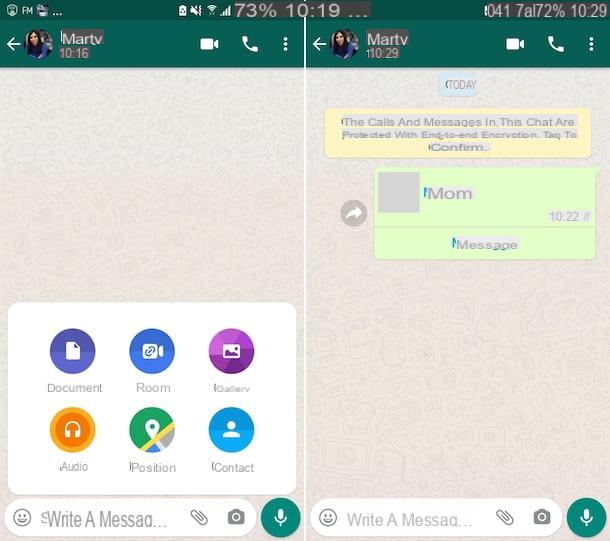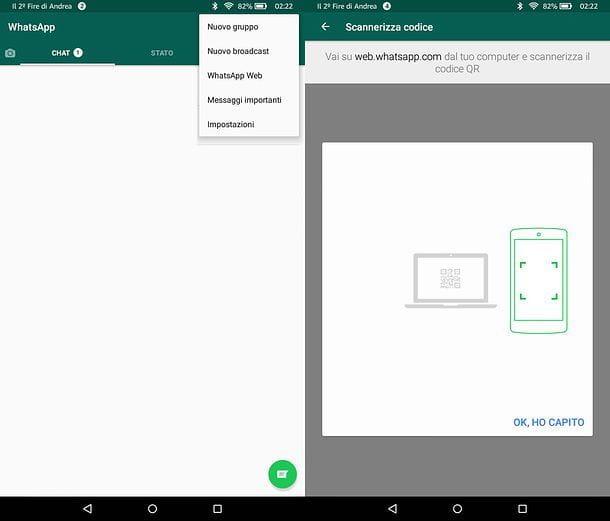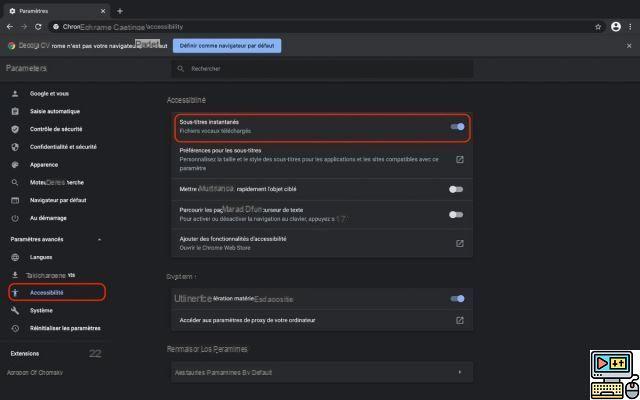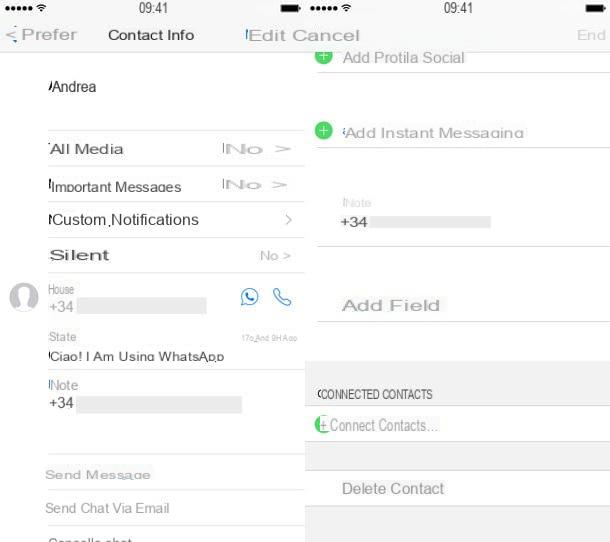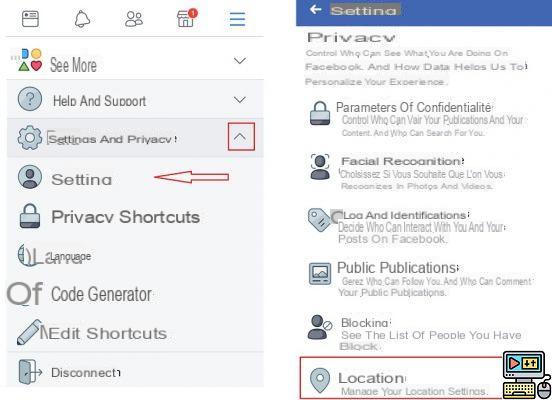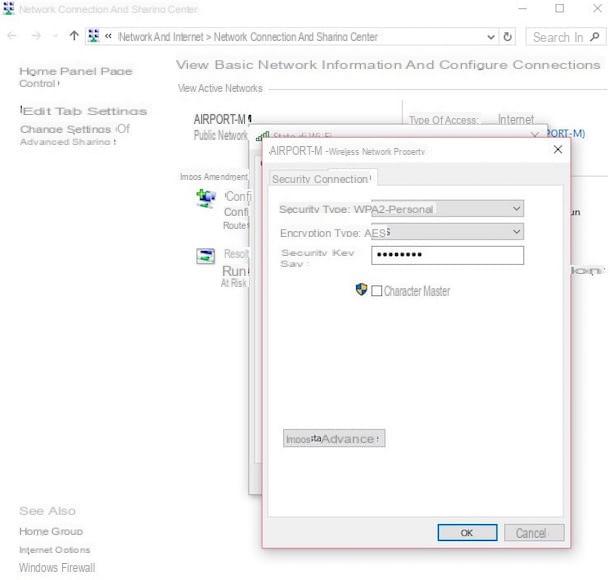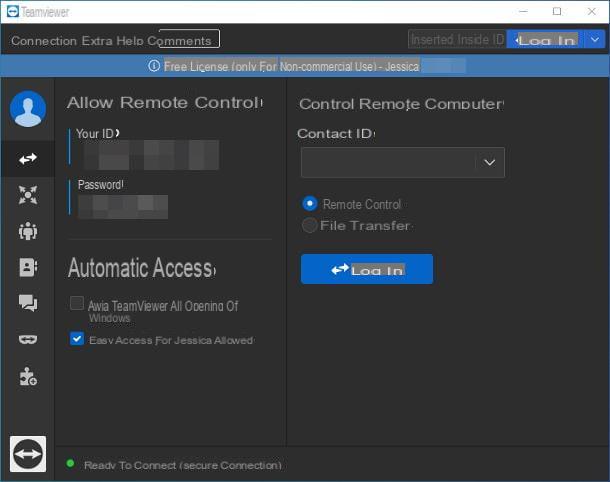Your privacy is secure? Here are some useful tips on how to defend it on the net.
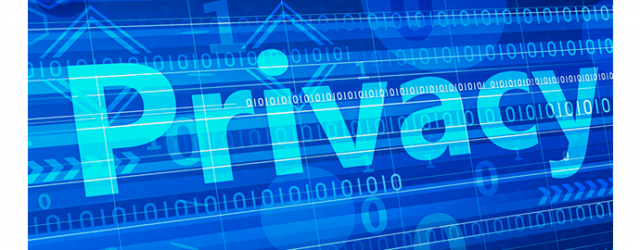
When sharing information on the internet, it is important to know exactly what the risks to our data are and how to protect and secure virtual accounts. For this reason it is always good to protect access to digital platforms by paying particular attention to the passwords chosen, changing them periodically.
There are a number of advice that you can follow to protect and improve your privacy on the network, to avoid losing files. Here are some of them in this article.
1. Secure authentication
The first tip is to set a good one protection on main accounts, such as that of social networks and e-mail addresses. There may be important information saved between emails or in conversations with sensitive data. On Gmail you can activate the two-step login.
In practice, you enter your username and password, after which a code on the mobile which turns out to be an additional layer of protection. This operation can also be performed only the first time you connect from a specific terminal. Twitter and Facebook also have a similar system, which allows for additional protection.
2. Protect your smartphone
Smartphones now contain a lot confidential information, and to ensure our privacy it is necessary to activate lock codes, or use a device with fingerprint or iris recognition. In this way the degree of safety is considerably higher.
3. Pay attention to public wifi networks
The wireless networks that can be found around the city could be controlled with spy software. Whenever an internet connection is made, the information could be read by attackers capable of analyze the data and steal the access data of our accounts. It is important to make sure that the wifi network is safe and reliable.
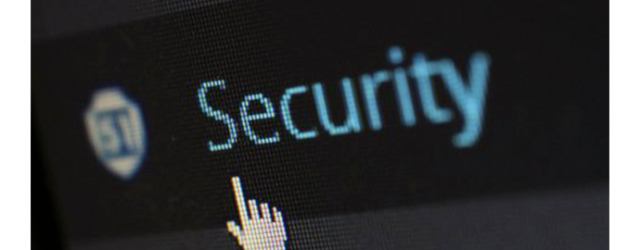
4. Delete your browser history and cookies
Cookies are files that store some information about the sites we have visited. They also allow the functioning of advertisements that sometimes "follow us" on the web. Delete cookies and pages the internet that has been viewed helps protect your privacy.
5. Update your PC
The operating system installed on your computer may be out of date. Many updates serve to fix any security problems, to avoid system flaws that they could put to I risk privacy. For this reason it is important to carry out updates, including the antivirus, to counter possible bugs in the installed software.
6. Make sure you don't have any viruses and malware
Viruses can be truly disastrous. Some types of malware can, for example, transfer PC data and information to hackers, who may have access to bank accounts and accounts. Having a system free of viruses and malware it is certainly important to protect your data and fight cybercrime.
Protecting Online Privacy: Conclusions
To protect your privacy it is important first of all protect accounts most important with passwords and security systems, such as those seen in the article. If you are about to switch PCs and want to delete the old computer, it is recommended to securely delete the files to prevent any malicious person from recovering the data.
La secure deletion it is a very important operation, also carried out by companies that want to update their IT structures.






